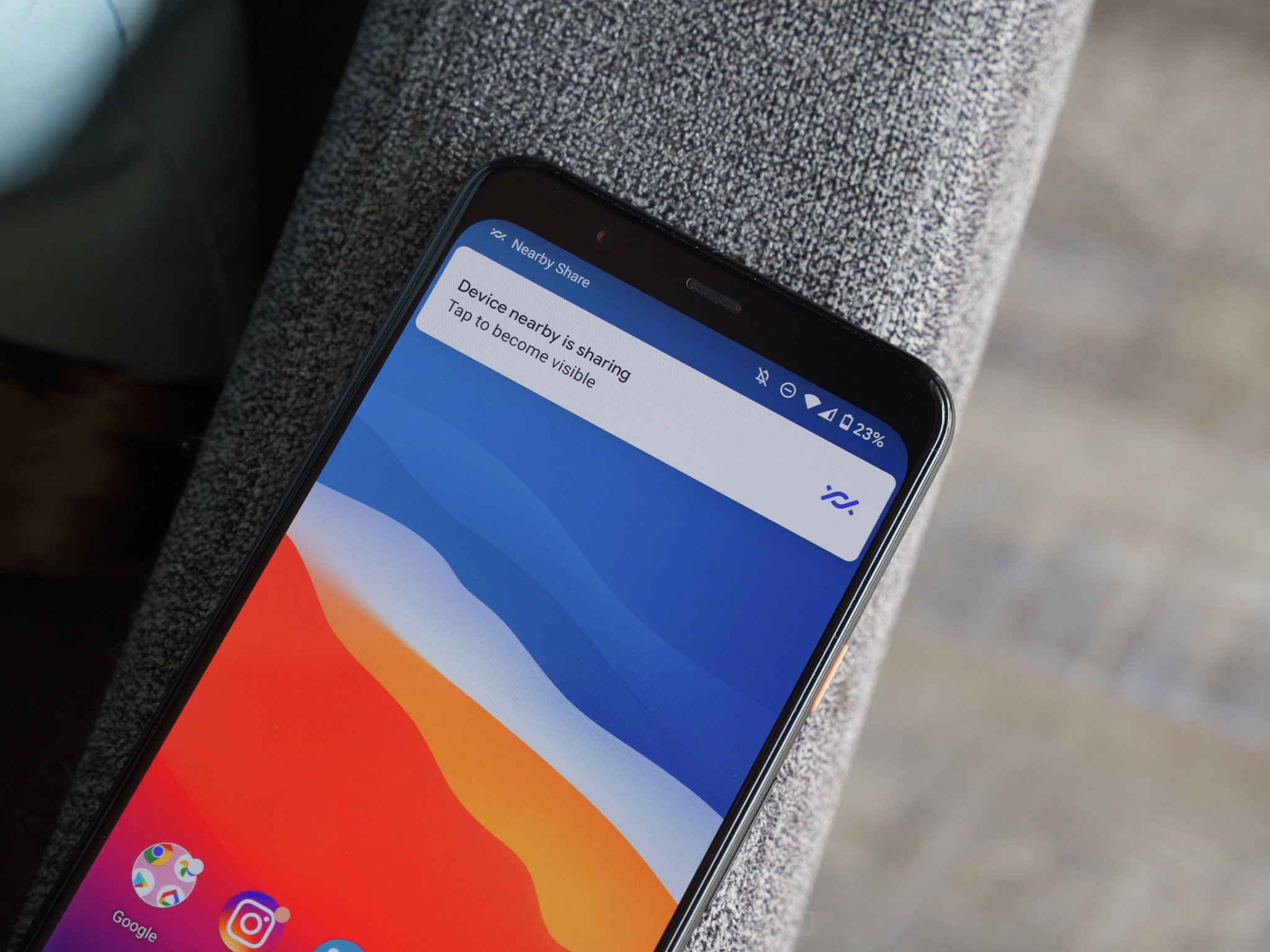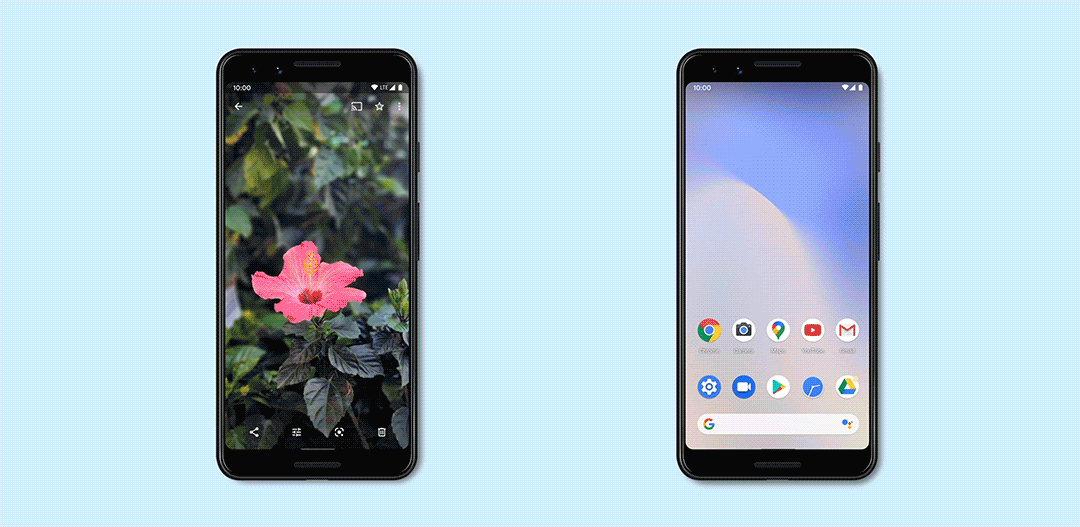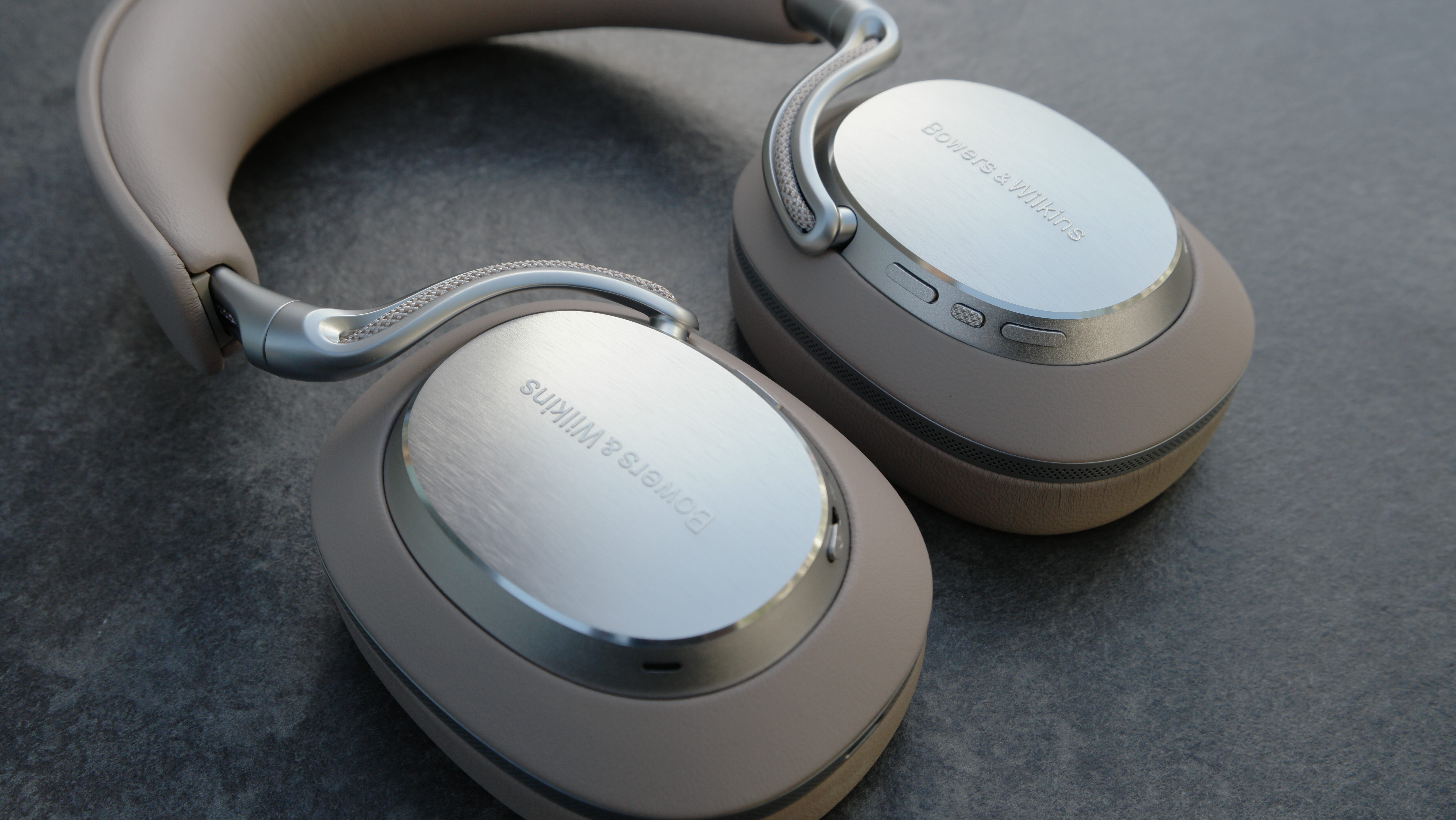Google embraces the future with Ultra-Wideband APIs for Android

Get the latest news from Android Central, your trusted companion in the world of Android
You are now subscribed
Your newsletter sign-up was successful
What you need to know
- Evidence suggests Google is looking to adopt Ultra-Wideband into the Android source code.
- The wireless solution allows for data transmission and percise location tracking.
- For now, Apple and Samsung are among the only smartphone manufacturers to utilize the solution.
Bluetooth and Wi-Fi have had their moment in the limelight as the go-to standards for peer-to-peer connections. Even now, Apple and Google rely on the use of both for their respective data transfer services; AirDrop and Nearby Share, and the standards are continuously being updated for better connectivity and expanded features. But the slow rise of another standard may put Bluetooth and Wi-Fi to shame, and Google wants to embrace it.
XDA-Developers caught wind of an official Ultra-Wideband API included in the Android Open Source Project, which suggests Google is looking to better support the standard in future versions of Android. The API "provides a way to perform UWB operations such as querying the device's capabilities and determining the distance and angle between the local device and remote device."

Keep in mind, this technology differs from Verizon's "UWB" mmWave 5G technology. Instead of being used for telecommunications, UWB is used for connectivity between devices and includes precise location detection and data transmission. This makes the technology an ideal candidate as not only a replacement for Bluetooth and Wi-Fi for direct peer-to-peer connectivity, but also as a connectivity standard for the Internet of Things, which would eventually include some of the best home automation devices on the market.
Apple was the first to implement the technology with the iPhone 11, and Samsung followed suit with the Galaxy Note20 series smartphones. For now, its uses are limited to Google's own Nearby Share application on Galaxy Note20 smartphones, as well as Samsung's SmartThings Find app for connecting with and locating other Galaxy devices and accessories.
That said, Samsung has grand plans for the use of UWB, and Google's inclusion of related API's means it could make it easier for other OEMs to join in on the fun sometime in the future.
Get the latest news from Android Central, your trusted companion in the world of Android

Derrek is the managing editor of Android Central, helping to guide the site's editorial content and direction to reach and resonate with readers, old and new, who are just as passionate about tech as we are. He's been obsessed with mobile technology since he was 12, when he discovered the Nokia N90, and his love of flip phones and new form factors continues to this day. As a fitness enthusiast, he has always been curious about the intersection of tech and fitness. When he's not working, he's probably working out.
